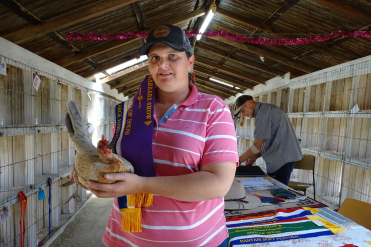Daylight Saving Time offers extra sunlight for longer spring and summer evenings, but a sleep expert at the Baylor College of Medicine said it is not always the best transition for our internal body clock.
“Daylight Saving Time is an imposed one-hour sleep loss that can impact you just as much as losing one hour of sleep on any night,” said Dr. Philip Alapat, assistant professor of sleep medicine at Baylor.
Alapat explains that sleep loss has been associated with negative effects on health and daytime performance:
- Decreased attention span
- Increased occupational or car accidents
- In more serious cases, adverse health conditions like stroke or heart attack
This year, Daylight Saving Time begins on Sunday, March 8, at 2 a.m. Alapat said that those who will feel the effects of losing the hour most are young children and those who are already sleep deprived.
“The majority of the population gets less than seven hours of sleep per night,” Alapat said. “The worse off your sleep deprivation is, the more significant your daily performance is going to be affected.”






